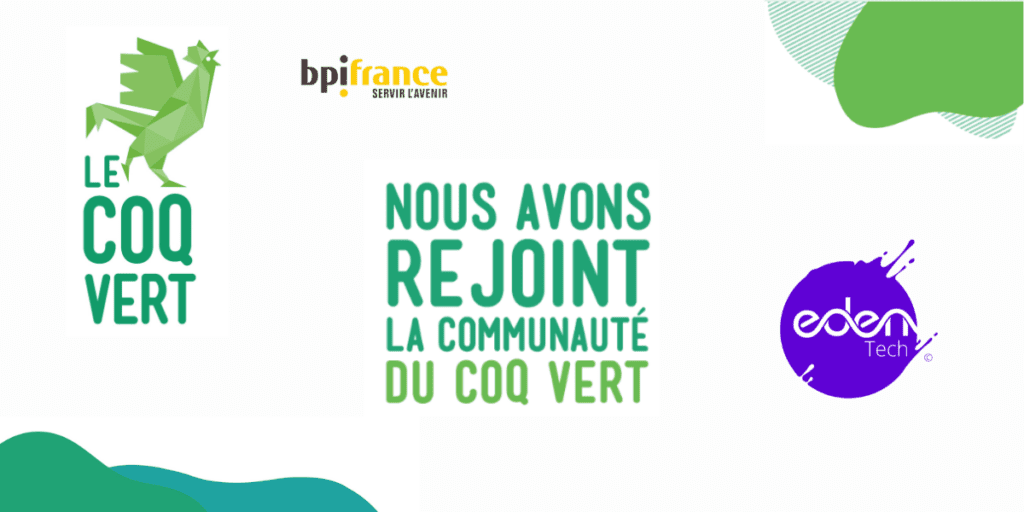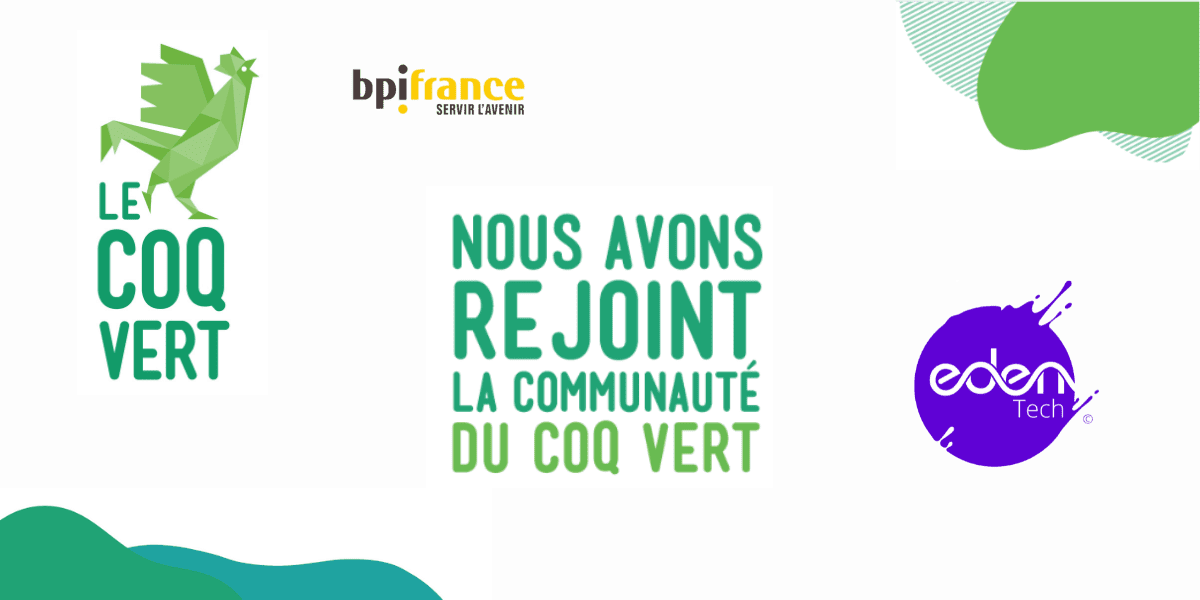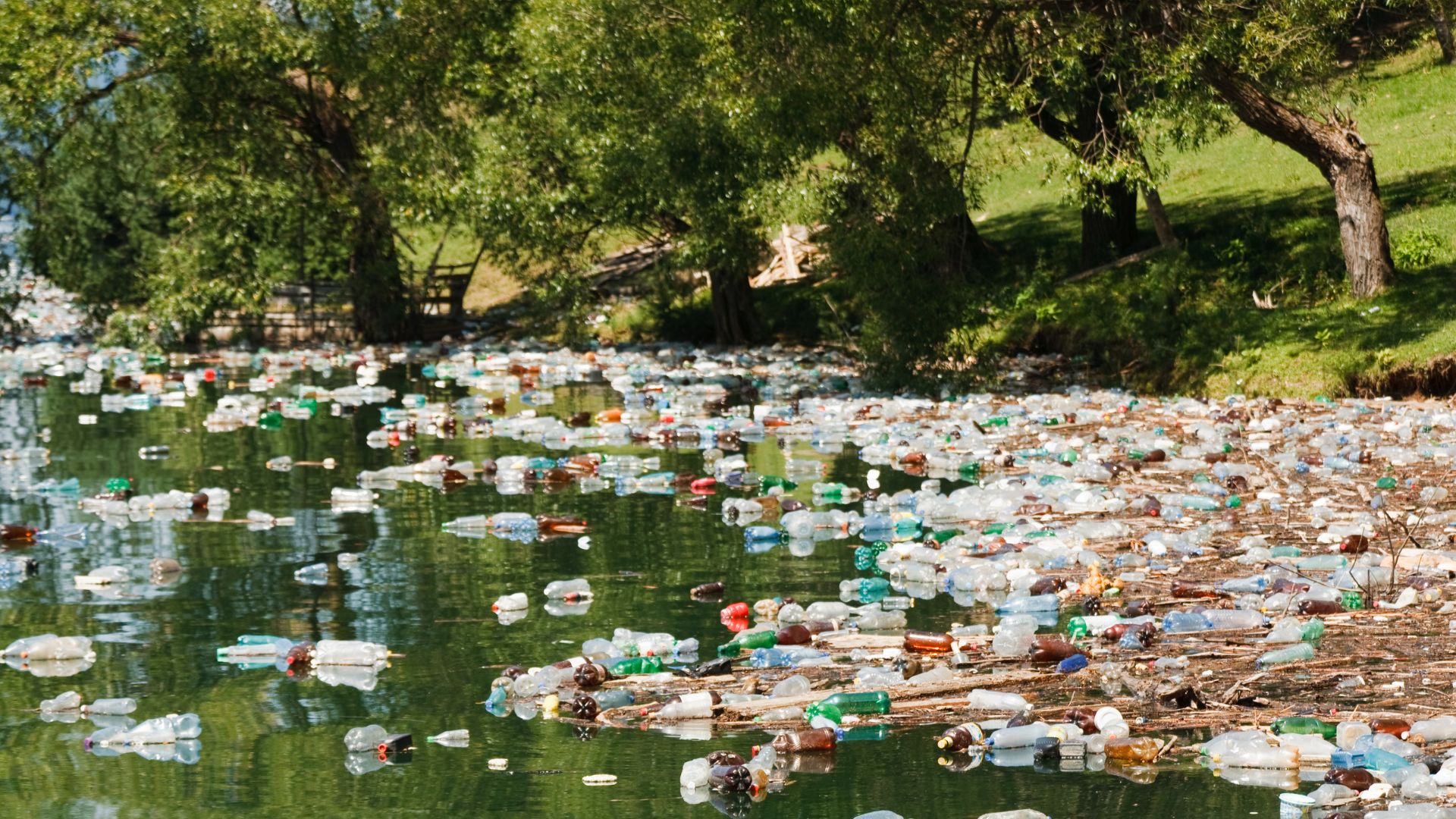
EDEN TECH
Materials
Akvo
Ascandra
Hydrogen
MedTech
Contact
FILTRATION SYSTEM
ASCANDRA FOR MICROPLASTICS
Inspired by Nature for Nature, addressing microplastic pollution at the global scale.
FILTRATION SYSTEM
ASCANDRA FOR MICROPLASTICS
Inspired by Nature for Nature, addressing microplastic pollution at the global scale.
In Nature, plants and animals use microscale capillary networks to process nutrients, metabolites, sugar and oxygen with incredible energy and biological performances.
Our Ascandra solutions are inspired by Nature, and its use of microfluidics, to treat microplastics from global natural water bodies. At the core of Ascandra are biomimicking microscale capillary networks, or microfluidics, for greatest impacts.
In Nature, plants and animals use microscale capillary networks to process nutrients, metabolites, sugar and oxygen with incredible energy and biological performances.
Our Ascandra solutions are inspired by Nature, and its use of microfluidics, to treat microplastics from global natural water bodies. At the core of Ascandra are biomimicking microscale capillary networks, or microfluidics, for greatest impacts.
DID YOU KNOW ?
The amount of plastic waste discarded in the World Today

Plastic cups every year
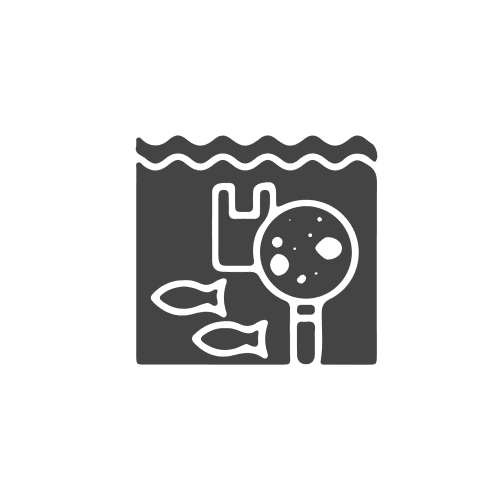
Micro & macro plastics in ocean
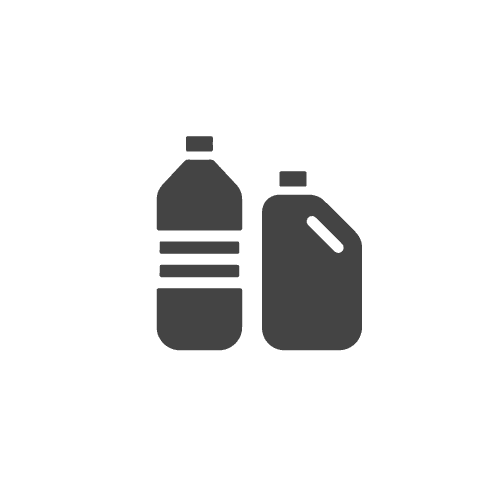
Plastic bottles per minute

Plastic straws in world’s beaches.
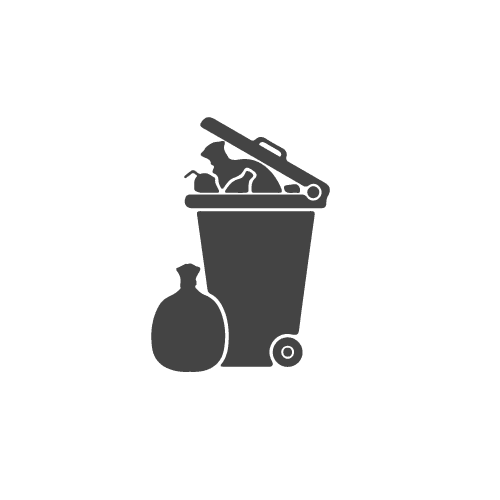
Plastic waste produced globally

Plastic foam produced in US
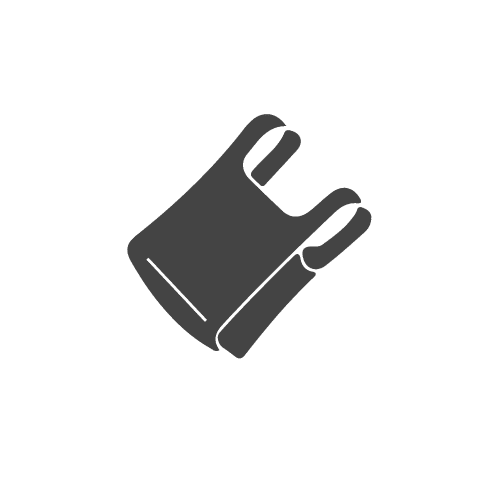
Plastic bags every minute
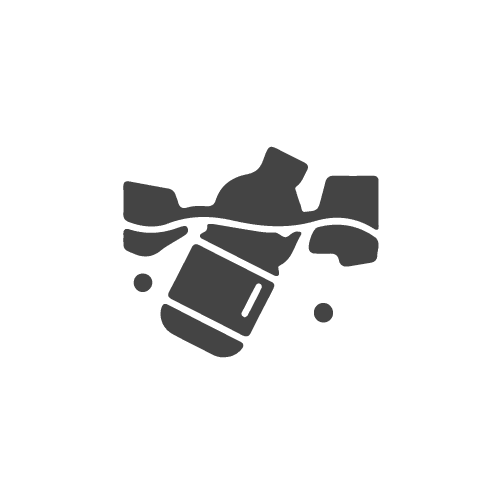
Plastic enters ocean every year
By maintaining our lifestyle without any disruptive solution, this number will be multiplied x2 tomorrow
DID YOU KNOW ?
The amount of plastic waste discarded in the World Today

Plastic cups every year

Micro & macro plastics in ocean

Plastic bottles per minute

Plastic straws in world’s beaches.

Plastic waste produced globally

Plastic foam produced in US

Plastic bags every minute

Plastic enters ocean every year
By maintaining our lifestyle without any disruptive solution, this number will be multiplied x2 tomorrow
Plastics are a $580 Billion industry, producing around 400 million tons of waste each year. This is because plastics have become an integral part of our daily life. They are included in the fabrication of endless items, such as food packaging, fabric fibers, children’s toys. It is estimated that 8-12 million tons end up in the ocean every year, adding to the existing approximate 150 million tons…

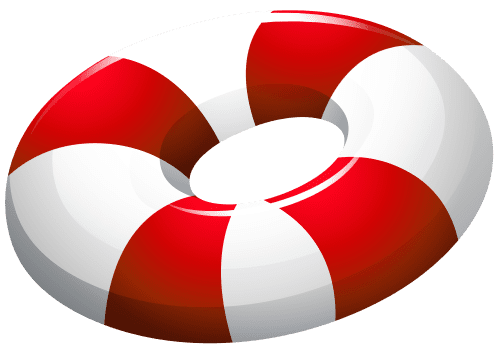


…. Most plastics have been classified as persistent organic pollutant (POP), taking between 500-1000 years to degrade. They fragment into smaller debris called microplastics, and we know today that microplastics have invaded every part of our environment from the top of mount Everest, to deep down the Earth crust. Microplastics are everywhere…
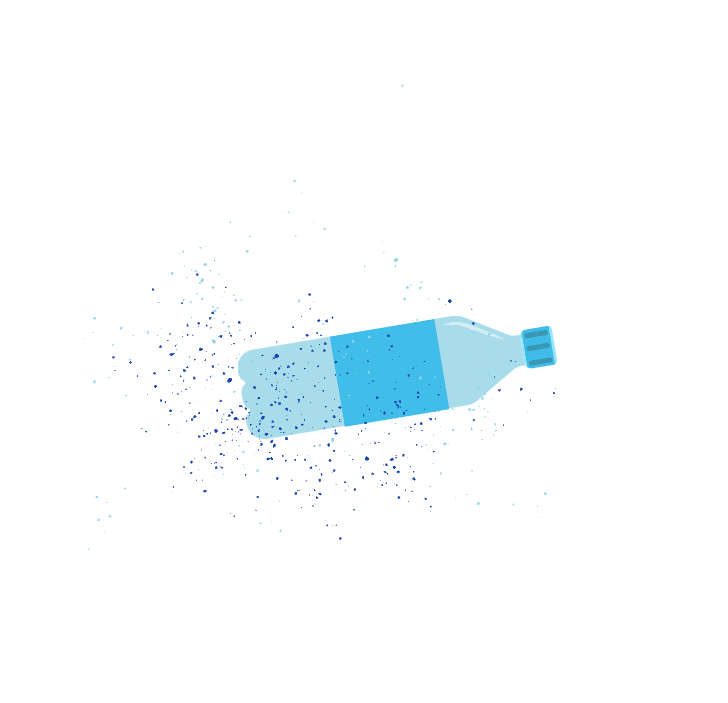
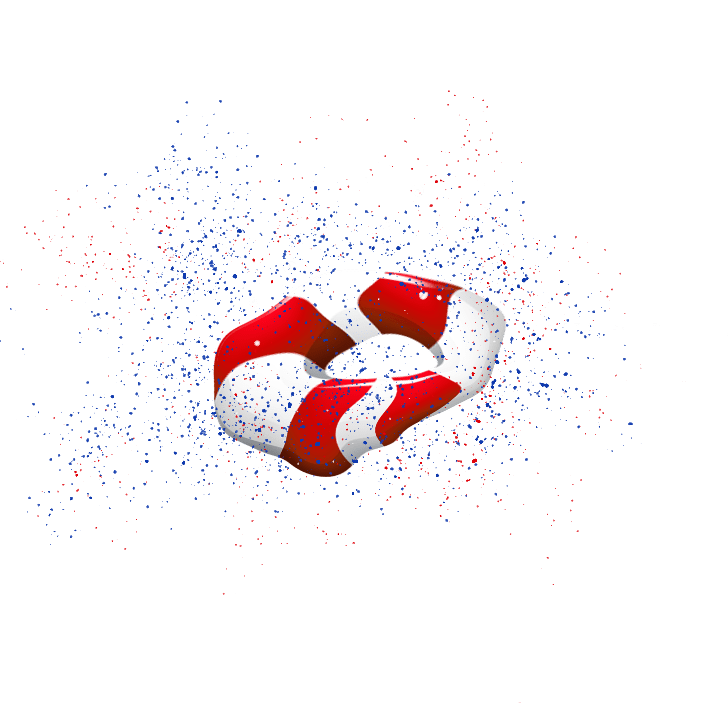
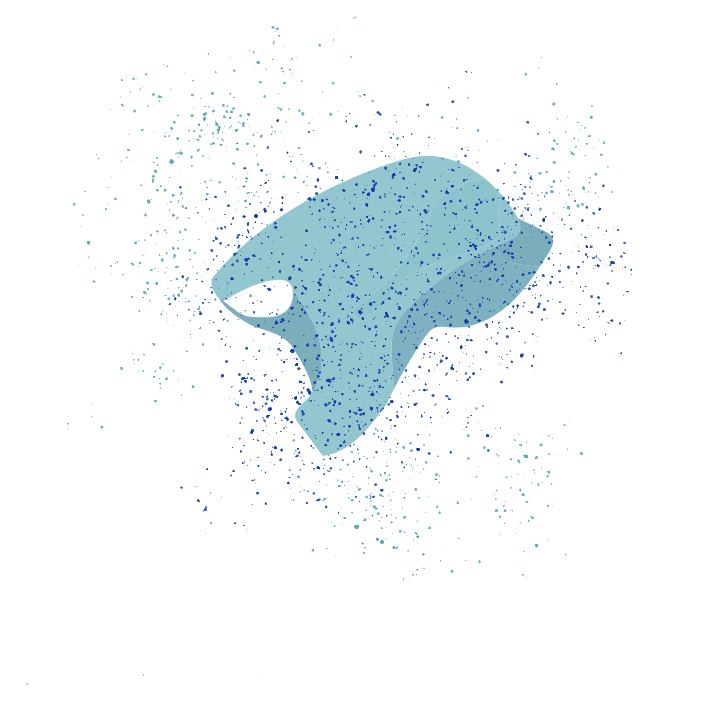
… Carriers of toxic additives chemicals and major spreaders of invasive species, floating plastics poison the marine life and create damaging effects to the ecosystem. Microplastics have already penetrated the food chain at every level, filling seabirds’ stomach, and circulating in the human blood stream and placenta.


Plastics are a $580 Billion industry, producing around 400 million tons of waste each year. This is because plastics have become an integral part of our daily life. They are included in the fabrication of endless items, such as food packaging, fabric fibers, children’s toys. It is estimated that 8-12 million tons end up in the ocean every year, adding to the existing approximate 150 million tons…
…. Most plastics have been classified as persistent organic pollutant (POP), taking between 500-1000 years to degrade. They fragment into smaller debris called microplastics, and we know today that microplastics have invaded every part of our environment from the top of mount Everest, to deep down the Earth crust. Microplastics are everywhere…
… Carriers of toxic additives chemicals and major spreaders of invasive species, floating plastics poison the marine life and create damaging effects to the ecosystem. Microplastics have already penetrated the food chain at every level, filling seabirds’ stomach, and circulating in the human blood stream and placenta.
OUR SOLUTION
ASCANDRA
By cleaning our coasts and rivers, Ascandra creates a protective shield zone for our oceans. It is the first ultra-compact water filtration system to treat microplastic globally. The Ascandra core consists of a network of microfluidic capillaries, which isolate and concentrate the floating microplastics up to a million-fold.
Today, Ascandra collects microplastics down to a tenth of a millimeter at 1m3 per minute. Shortly, the system will operate 1m3 per second and collect plastic down to a hundredth of a millimeter. Extremely compact, it is easily Integrated to a dedicated boat or fixed to a riverbank to collect microplastics from the top surface of water, where they reside. A single system clean 1-3 km2 per day.
OUR SOLUTION
ASCANDRA
By cleaning our coasts and rivers, Ascandra creates a protective shield zone for our oceans. It is the first ultra-compact water filtration system to treat microplastic globally. The Ascandra core consists of a network of microfluidic capillaries, which isolate and concentrate the floating microplastics up to a million-fold.
Today, Ascandra collects microplastics down to a tenth of a millimeter at 1m3 per minute. Shortly, the system will operate 1m3 per second and collect plastic down to a hundredth of a millimeter. Extremely compact, it is easily Integrated to a dedicated boat or fixed to a riverbank to collect microplastics from the top surface of water, where they reside. A single system clean 1-3 km2 per day.
WORKING MODEL
ASCANDRA CORE
The microfluidic capillaries are microstructures molded on CDs. The CDs are stacked to generate a 3D dense low-pressure network. The larger the number of stacked CDs, the higher the volume of water treated. When CDs are massively integrated, a miniaturized treatment factory is created.
Thanks to its biomimetic conception, Ascandra relies on microfluidic design to isolate and capture microplastic particles, and therefore uses no chemicals and doesn’t need pumping equipment!
WORKING MODEL
ASCANDRA CORE
The microfluidic capillaries are microstructures molded on CDs. The CDs are stacked to generate a 3D dense low-pressure network. The larger the number of stacked CDs, the higher the volume of water treated. When CDs are massively integrated, a miniaturized treatment factory is created.
Thanks to its biomimetic conception, Ascandra relies on microfluidic design to isolate and capture microplastic particles, and therefore uses no chemicals and doesn’t need pumping equipment!
COLLABORATION
ASCANDRA X BOAXT
Eden Tech offers coastline and rivers cleaning service of all plastic, from large debris to microplastics, to help regenerate local flora and fauna, while offering citizens & tourists high quality recreative natural area.
Removing plastics big and small, so you can enjoy a good crawl.
COLLABORATION
ASCANDRA X BOAXT
Eden Tech offers coastline and rivers cleaning service of all plastic, from large debris to microplastics, to help regenerate local flora and fauna, while offering citizens & tourists high quality recreative natural area.
Removing plastics big and small, so you can enjoy a good crawl.
ABOUT
BOAXT SAS
BOAXT is a revolutionary 14-meter vessel that folds into a standardized ISO container, for rapid deployment and operation on any shorelines everywhere.
BOAXT is a key asset in our fight against pollution after floods, storms, and other natural disasters, when polluted waters easily flow into our streams and coasts, spreading chemicals and invasive species.
Click here for the original video and more content about BOAXT SAS
ABOUT
BOAXT SAS
BOAXT is a revolutionary 14-meter vessel that folds into a standardized ISO container, for rapid deployment and operation on any shorelines everywhere.
BOAXT is a key asset in our fight against pollution after floods, storms, and other natural disasters, when polluted waters easily flow into our streams and coasts, spreading chemicals and invasive species.
Click here for the original video and more content about BOAXT SAS
INSTALLATION OPPORTUNITIES
POLLUTION
8-12 million tons of plastic waste end up in the ocean every year from coastal emission. 80% of that waste comes from coastal activities, the remainder from marine activity and river transport.
While in weight microplastics represent a small fraction of the plastic present in water (10%), it accounts for 90% of all plastic debris, and is still not addressed when plastic removal strategies are established.
LAKES & RIVERS
Lakes and rivers both play an important role as source of fresh water for the local ecosystem. They are also important sites of in-land touristic activity and as such, they are strongly affected by plastic pollution. They also serve as a vector of transportation of city waste to the ocean.
As a stand-alone solution, or installed on BOAXT, Ascandra can easily be deployed on lakes and rivers to capture the microplastic waste before it reaches the open seas, and to provide plastic free water for all local users.
COASTS & BEACHES
80% of ocean plastic waste is land based, mainly produced from coastal recreational and city activities. City coasts represent an important role in fishing, fret, and touristic activities. It is also where the plastic waste is the densest. Studies have shown that about 40% of coastal debris remain close to shore for 30 years. Coastal plastic accumulations will become highly problematic at global scale.
An Ascandra unit installed on one BOAXT vessel can process 1-3km2 daily. By deploying six units in front of the city of Nice three months a year, the coastal water will be cleaned from 1-10 million pieces of microplastics/km2. Together with macro debris collection, we can remove 2-4 % of the plastic waste emission into the Mediterranean Sea.
MICROPLASTICS
THE INVISIBLE ENEMY
MICROPLASTICS
THE INVISIBLE ENEMY
Plastic is a polymer processed from petroleum. Not naturally present in the environment, Nature hasn’t evolved to process it, and debris can be trapped in the stomachs of birds and mammals throughout their life. Today, 90% of seabirds worldwide have plastic fragments in their stomachs.
Over decades, plastic slowly degrades into microplastics, and is then confused with micro planktons by fish, and other sea creatures, threatening marine life, damaging the fishing, and ultimately are penetrating the food-chain back up the human plate.
Plastics are often mixed with chemicals to change their properties (flexibility, durability…), which are released upon degradation. Additionally, microplastics are favored carriers of bacterial communities and therefore, major contributors to invasive species & antimicrobial resistance spreading worldwide, further increasing the hazard associated with its ingestion.
Microplastics can further decrease in size to become nanoplastics, whose impacts on the ecosystem are still unknown but they are expected to be able to penetrate various organs of the human, and even cross the cell membrane, causing potentially irreversible damage to their proper function.
Plastic is a polymer processed from petroleum. Not naturally present in the environment, Nature hasn’t evolved to process it, and debris can be trapped in the stomachs of birds and mammals throughout their life. Today, 90% of seabirds worldwide have plastic fragments in their stomachs.
Over decades, plastic slowly degrades into microplastics, and is then confused with micro planktons by fish, and other sea creatures, threatening marine life, damaging the fishing, and ultimately are penetrating the food-chain back up the human plate.
Plastics are often mixed with chemicals to change their properties (flexibility, durability…), which are released upon degradation. Additionally, microplastics are favored carriers of bacterial communities and therefore, major contributors to invasives species & antimicrobial resistance spreading worldwide, further increasing the hazard associated with its ingestion.
Microplastics can further decrease in size to become nanoplastics, whose impacts on the ecosystem are still unknown but they are expected to be able to penetrate various organs of the human, and even cross the cell membrane, causing potentially irreversible damage to their proper function.
ASCANDRA
GALLERY
The first working demo presented to investors on their visit to Eden Tech earlier in June.
ASCANDRA
GALLERY
The first working demo presented to investors on their visit to Eden Tech earlier in June.
About Us
Eden Tech is a company reinventing microfluidics with user-friendly and scalable solutions. Our products are aimed at pushing forward both academic and industrial innovation.
Contact Us
FILTRATION SYSTEM
ASCANDRA FOR MICROPLASTICS
Inspired by Nature for Nature, addressing microplastic pollution at the global scale.
ASCANDRA
FILTRATION SYSTEM
In Nature, plants and animals use microscale capillary networks to process nutrients, metabolites, sugar and oxygen with incredible energy and biological performances.
Our Ascandra solutions are inspired by Nature, and its use of microfluidics, to treat microplastics from global natural water bodies. At the core of Ascandra are biomimicking microscale capillary networks, or microfluidics, for greatest impacts.
DID YOU KNOW?
The amount of plastic waste discarded in the World Today








By maintaining our lifestyle without any disruptive solution, this number will be multiplied X2 tomorrow


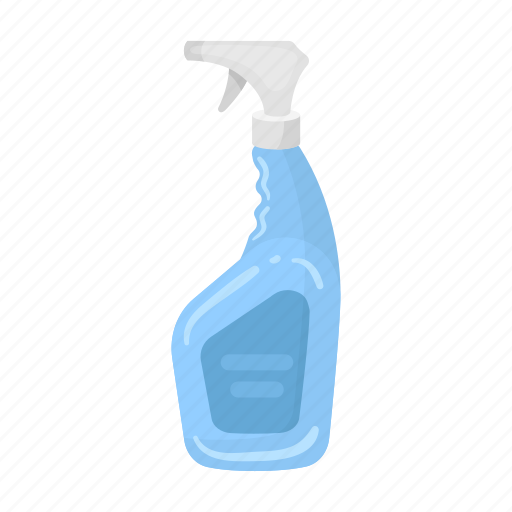


Plastics are a $580 Billion industry, producing around 400 million tons of waste each year. This is because plastics have become an integral part of our daily life. They are included in the fabrication of endless items, such as food packaging, fabric fibers, children’s toys. It is estimated that 8-12 million tons end up in the ocean every year, adding to the existing approximate 150 million tons…
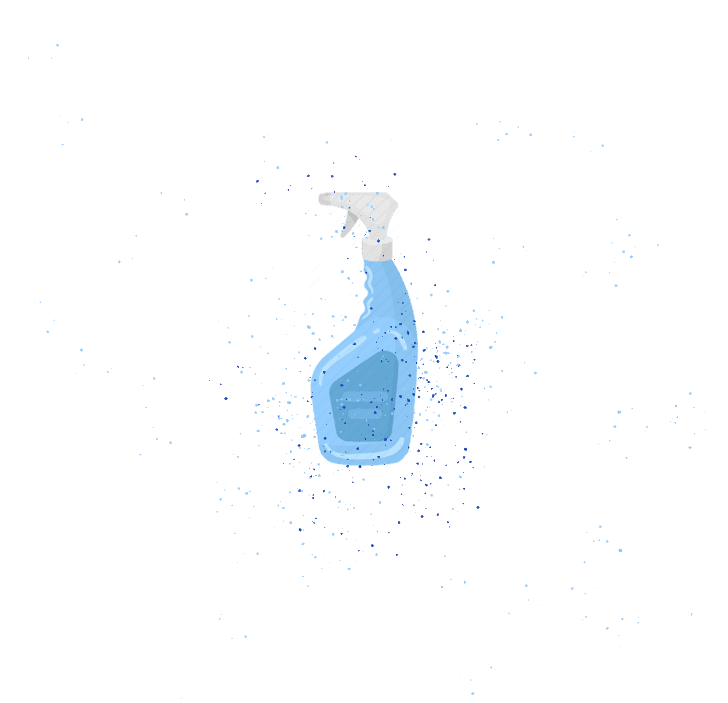



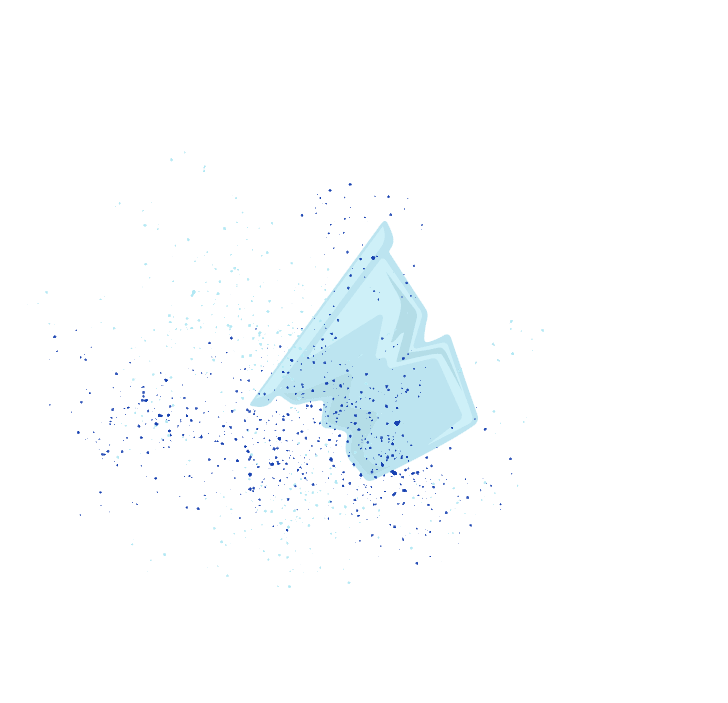
…. Most plastics have been classified as persistent organic pollutant (POP), taking between 500-1000 years to degrade. They fragment into smaller debris called microplastics, and we know today that microplastics have invaded every part of our environment from the top of mount Everest, to deep down the Earth crust. Microplastics are everywhere…
… Carriers of toxic additives chemicals and major spreaders of invasive species, floating plastics poison the marine life and create damaging effects to the ecosystem. Microplastics have already penetrated the food chain at every level, filling seabirds’ stomach, and circulating in the human blood stream and placenta.



OUR SOLUTION
ASCANDRA
By cleaning our coasts and rivers, Ascandra creates a protective shield zone for our oceans. It is the first ultra-compact water filtration system to treat microplastic globally. The Ascandra core consists of a network of microfluidic capillaries, which isolate and concentrate the floating microplastics up to a million-fold.
Today, Ascandra collects microplastics down to a tenth of a millimeter at 1m3 per minute. Shortly, the system will operate 1m3 per second and collect plastic down to a hundredth of a millimeter. Extremely compact, it is easily Integrated to a dedicated boat or fixed to a riverbank to collect microplastics from the top surface of water, where they reside. A single system can clean 1-3 km2 per day.
WORKING MODE
ASCANDRA CORE
The microfluidic capillaries are microstructures molded on CDs. The CDs are stacked to generate a 3D dense low-pressure network. The larger the number of stacked CDs, the higher the volume of water treated. When CDs are massively integrated, a miniaturized treatment factory is created.
Thanks to its biomimetic conception, Ascandra relies on microfluidic design to isolate and capture microplastic particles, and can be installed on any hydraulic system.
COLLABORATION
ASCANDRA X BOAXT
Eden Tech offers coastline and rivers cleaning service of all plastic, from large debris to microplastics, to help regenerate local flora and fauna, while offering citizens & tourists high quality recreative natural area.
Removing plastics big and small, so you can enjoy a good crawl.
ABOUT
BOAXT SAS
BOAXT is a revolutionary 14-meter vessel that folds into a standardized ISO container, for rapid deployment and operation on any shorelines everywhere.
BOAXT is a key asset in our fight against pollution after floods, storms, and other natural disasters, when polluted waters easily flow into our streams and coasts, spreading chemicals and invasive species.
Click here for the original video and more content about BOAXT SAS
INSTALLATION OPPORTUNITIES
8-12million tons of plastic waste end up in the ocean every year from coastal emission. 80% of that waste comes from coastal activities , the remainder from marine activity and river transport.
While in weight microplastics represent a small fraction of the plastic present in water (10%), it accounts for 90% of all plastic debris, and is still not addressed when plastic removal strategies are established.
Lakes and rivers both play an important role as source of fresh water for the local ecosystem. They are also important sites of in-land touristic activity and as such, they are strongly affected by plastic pollution. They also serve as a vector of transportation of city waste to the ocean.
As a stand-alone solution, or installed on BOAXT, Ascandra can easily be deployed on lakes and rivers to capture the microplastic waste before it reaches the open seas, and to provide plastic free water for all local users.
80% of ocean plastic waste is land based, mainly produced from coastal recreational and city activities. City coasts represent an important role in fishing, fret, and touristic activities. It is also where the plastic waste is the densest. Studies have shown that about 40% of coastal debris remain close to shore for 30 years. Coastal plastic accumulations will become highly problematic at global scale.
An Ascandra unit installed on one BOAXT vessel can process 1-3km2 daily. By deploying six units in front of the city of Nice three months a year, the coastal water will be cleaned from 1-10 million pieces of microplastics/km2. Together with macro debris collection, we can remove 2-4 % of the plastic waste emission into the Mediterranean Sea.
THE INVISIBLE ENEMY
WHAT ARE MICROPLASTICS?
Plastic is a polymer processed from petroleum. Not naturally present in the environment, Nature hasn’t evolved to process it, and debris can be trapped in the stomachs of birds and mammals throughout their life. Today, 90% of seabirds worldwide have plastic fragments in their stomachs.
Over decades, plastic slowly degrades into microplastics, and is then confused with micro planktons by fish, and other sea creatures, threatening marine life, damaging the fishing, and ultimately are penetrating the food-chain back up the human plate.
Plastics are often mixed with chemicals to change their properties (flexibility, durability…), which are released upon degradation. Additionally, microplastics are favored carriers of bacterial communities and therefore, major contributors to invasives species & antimicrobial resistance spreading worldwide, further increasing the hazard associated with its ingestion.
Microplastics can further decrease in size to become nanoplastics, whose impacts on the ecosystem are still unknown but they are expected to be able to penetrate various organs of the human, and even cross the cell membrane, causing potentially irreversible damage to their proper function.
ASCANDRA
Gallery
The first working demo presented to investors on their visit to Eden Tech earlier in June.
About Us
Eden Tech is a company reinventing microfluidics with user-friendly and scalable solutions. Our products are aimed at pushing forward both academic and industrial innovation.


